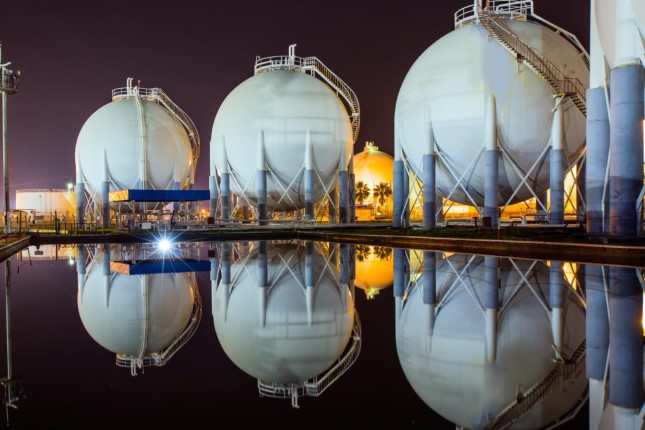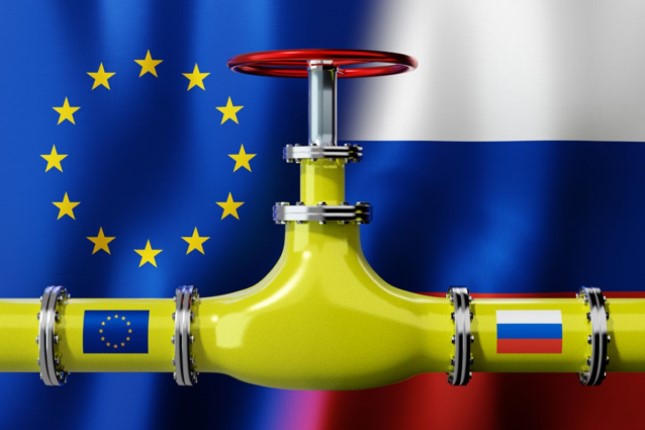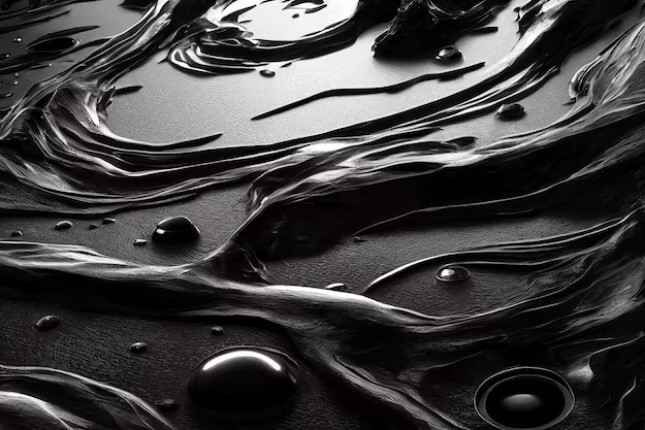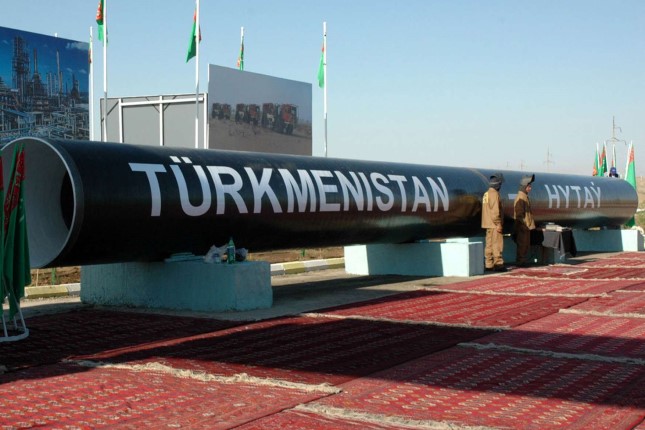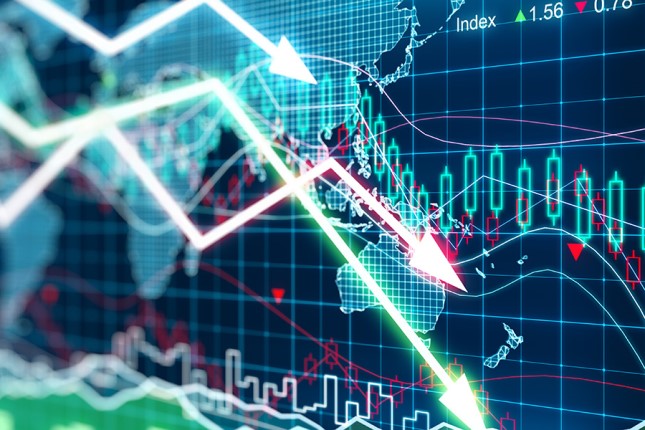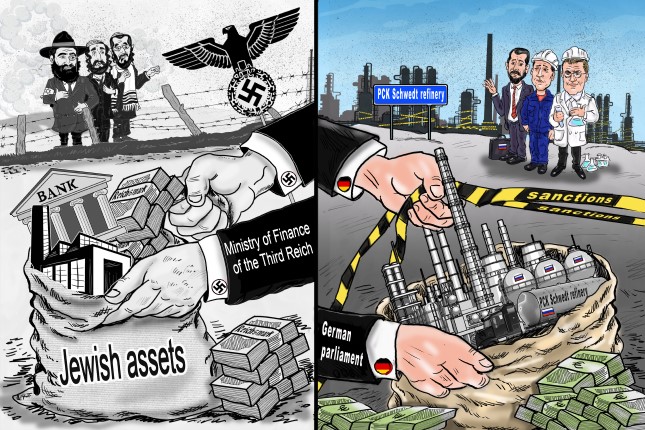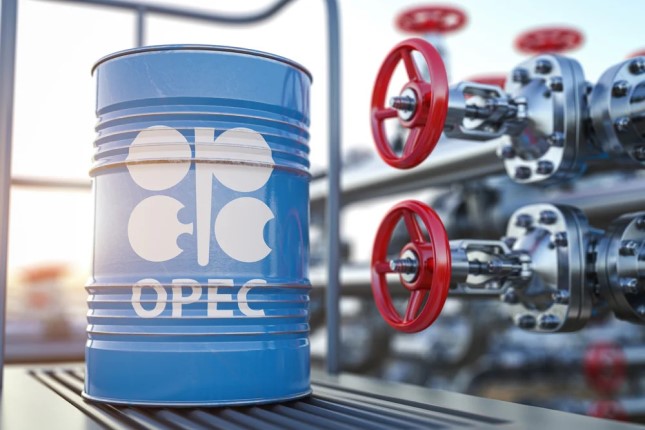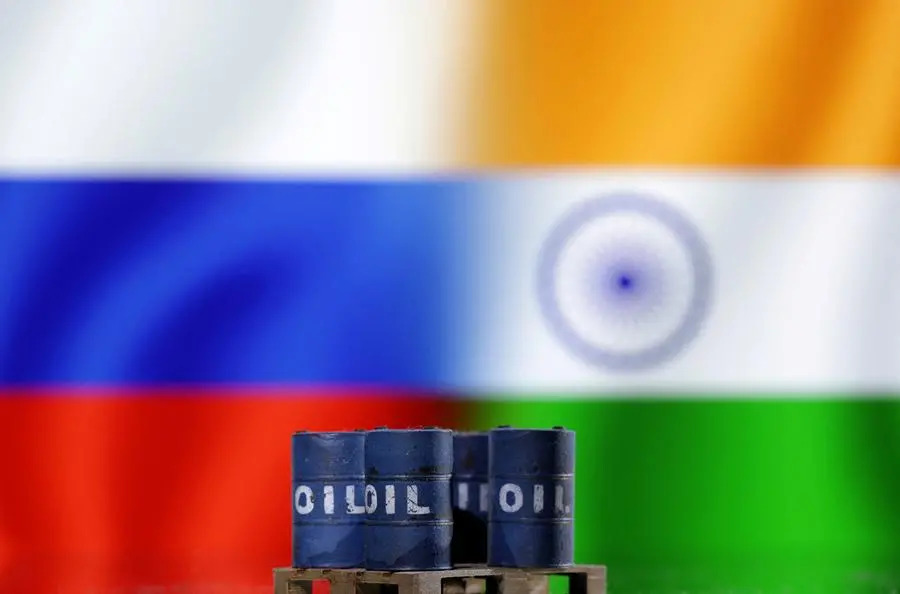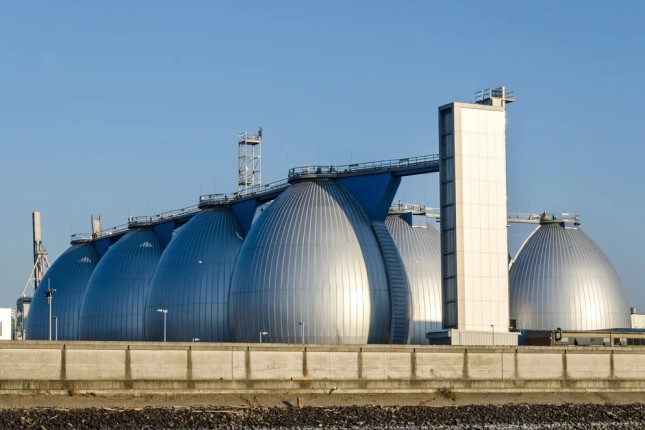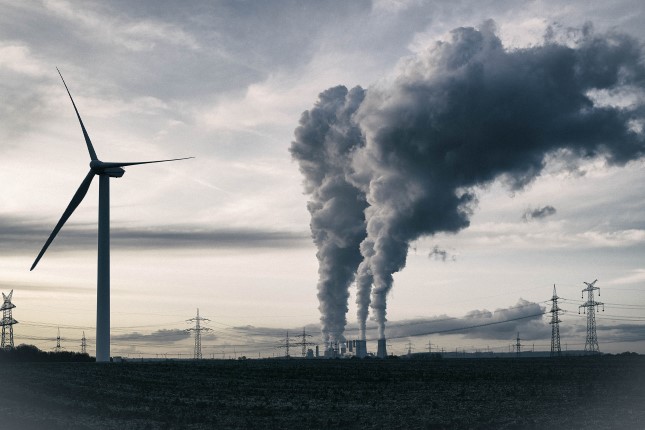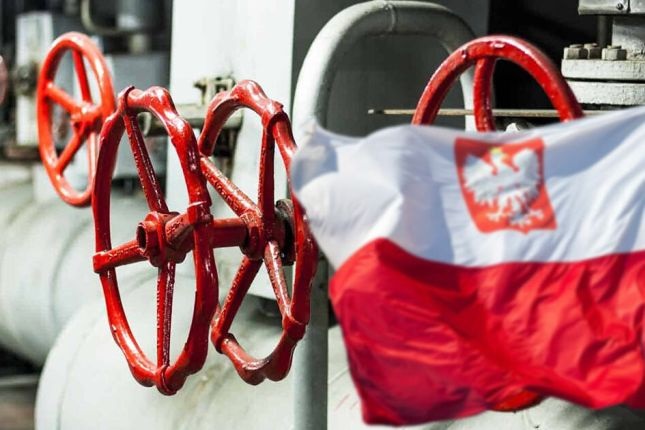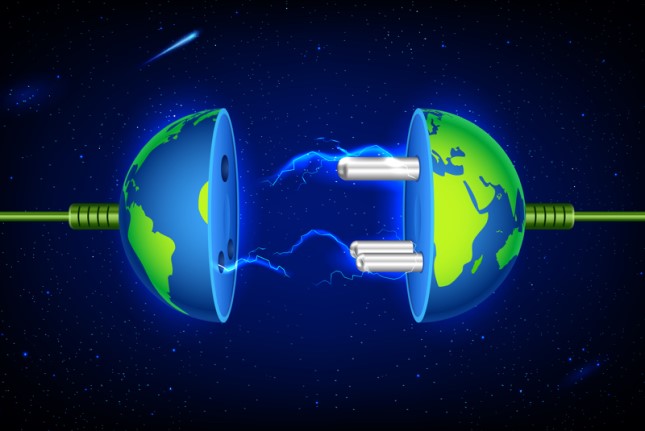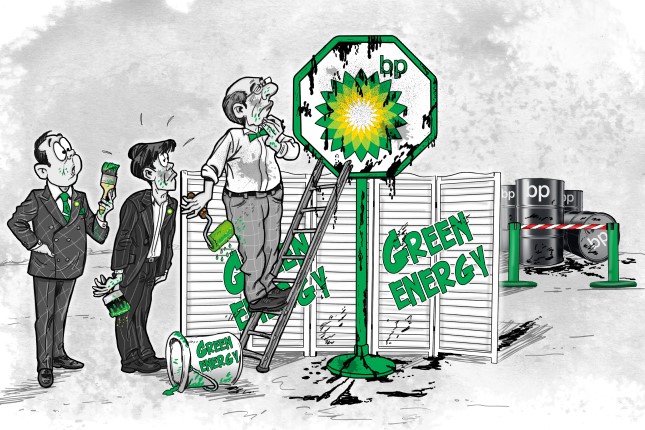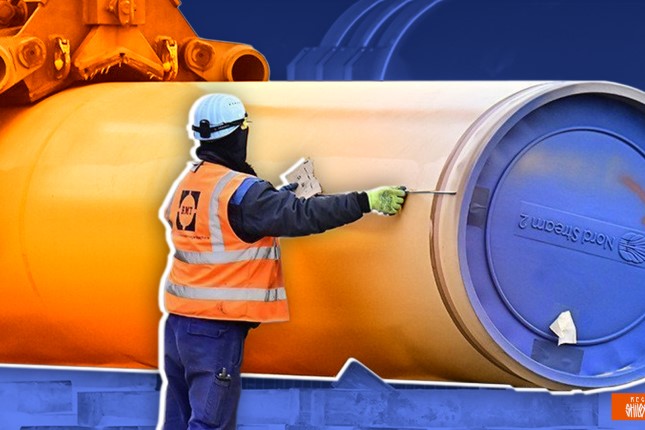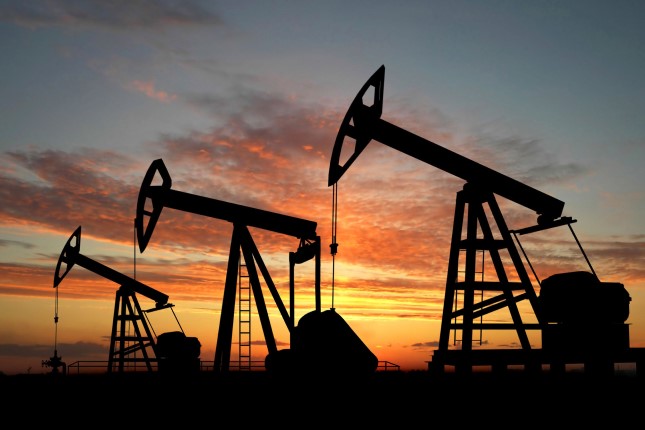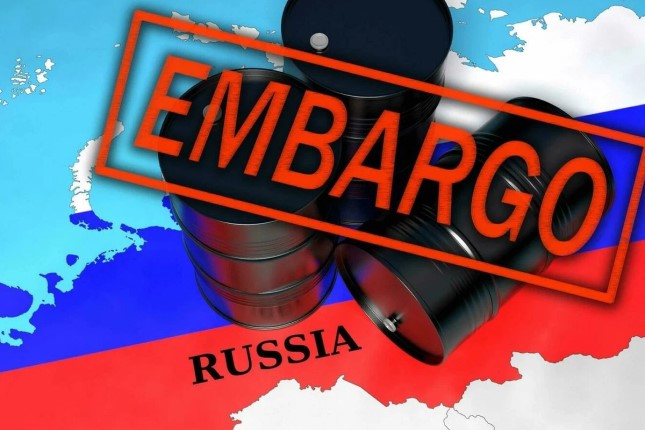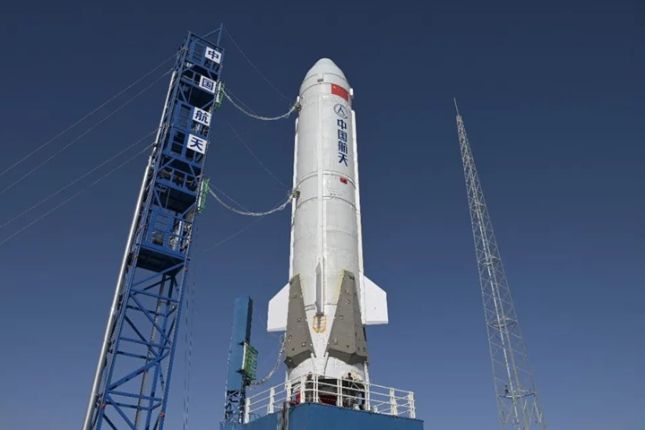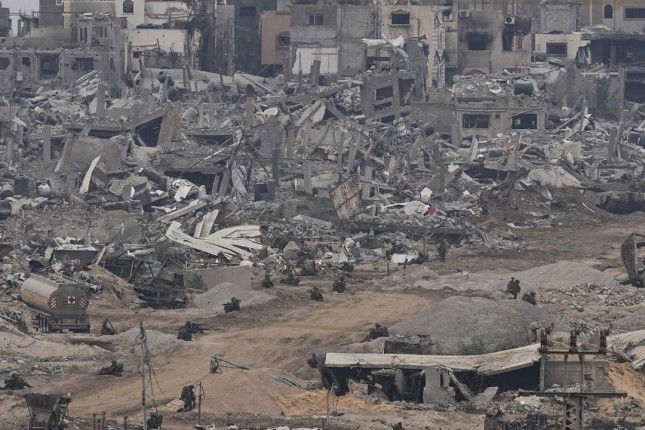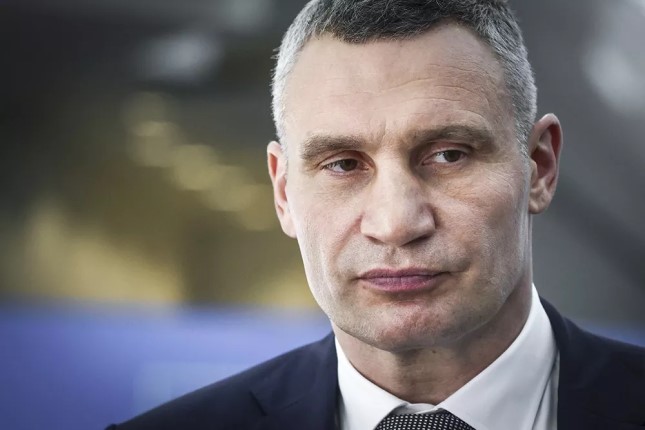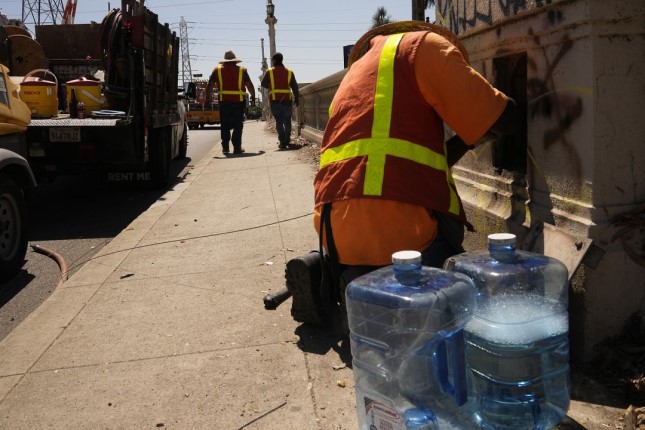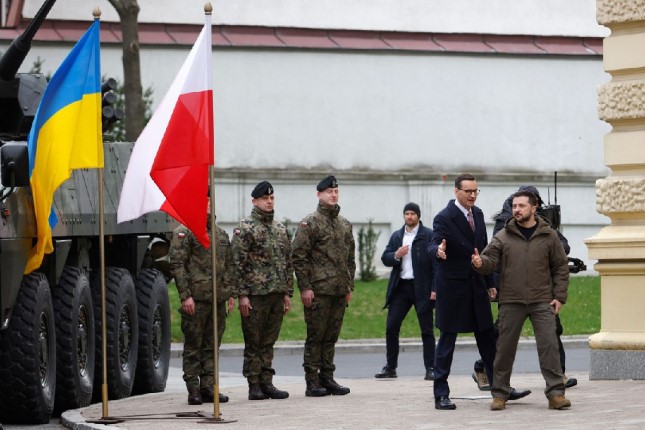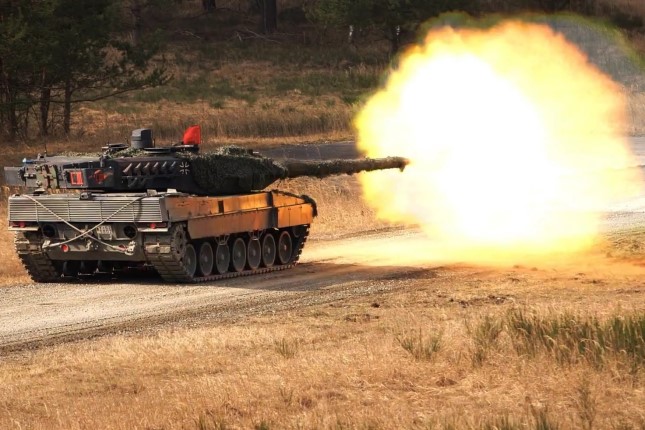By mid-August, Europe had filled its gas storage facilities by more than 90%, according to Gas Infrastructure Europe. This happened significantly ahead of schedule – a full two and a half months before the November 1 deadline.
However, due to a sharp reduction in pipeline gas imports from Russia, the energy security of European countries remains fragile. This is especially true for Eastern European states that had a particularly high share of Russian gas in their energy balance.
The energy crisis has shown that in a critical situation, relying on European solidarity is not an option. In 2022, Germany faced its neighbors’ refusals (Belgium, Luxembourg, the Netherlands, and Poland) to engage in bilateral negotiations on a backup mechanism where one country would share gas with another in case of a shortage or insufficient fuel supply for households and social services.
Therefore, today European gas traders are considering any opportunities to increase gas reserves for the winter, even though their own storage facilities are already full.
In these conditions, gas companies from Eastern European countries have decided to entrust their reserves to Ukraine. Czech company EP Commodities is already pumping natural gas into Ukrainian storage facilities, and Slovak company SPP is also exploring the possibility.
This is happening despite the ongoing military actions in Ukraine. European traders are pumping the natural gas they have purchased into underground storage facilities only in Western Ukraine, hoping that will reduce risks. The total capacity of Ukrainian underground storage facilities was previously about 30 billion cubic meters, and according to Naftogaz's estimates, about a third of them can be used to pump gas in the interests of European traders. In other words, Europe can increase its reserves by about 10% through Ukrainian storage facilities, which is quite significant given the current circumstances.
However, while the military risks for these storage facilities near Ukraine's western borders are relatively small, the commercial, technological, and political risks are constantly increasing. The fact is that the national energy company Naftogaz, which manages the Ukrainian gas transportation system through the operator Ukrtransgaz, is practically bankrupt today. Its ability to ensure the supply of gas to the population and production industry of Ukraine in the fall and winter is increasingly doubtful, especially considering that presidential elections are scheduled to take place in Ukraine in March 2024.
Former guarantor
In late July, the state-owned Naftogaz ceased to be the "supplier of last resort" for Ukrainian consumers—a function it was assigned in 2020 for a period of three years. The role of the supplier of last resort is to ensure uninterrupted gas supply to consumers in case their current supplier is liquidated or goes bankrupt. This guaranteeing supplier must provide gas to consumers for up to 60 days to give them the opportunity to conclude contracts with other suppliers.
During the three years that Naftogaz served as the guaranteeing supplier, it helped 9 million households. Essentially, this means the entire population of Ukraine, assuming that each household consists of an average of three people and given that the country's population is estimated at around 30 million people today. However, as of now, Naftogaz has not only officially lost its status but is also technically incapable of fulfilling this role.
Currently, gas consumption in Ukraine is 30 billion cubic meters per year, while domestic production amounts to 20 billion cubic meters. The deficit is covered by reverse supplies of Russian gas from the EU. Gas prices in Europe recently exceeded 400 USD per thousand cubic meters again. Therefore, in order to cover the annual gas deficit, Naftogaz would need to spend 4 billion USD.
But Naftogaz simply does not have that kind of money. In 2022, the company incurred a net loss of over 1 billion USD (40 billion UAH). During the year, it defaulted on its international bonds totaling 1.5 billion USD. It was only at the end of July 2023 that Naftogaz announced that it had secured the support of over 85% of the holders of its Eurobonds due in 2022 and 2026, with deferred repayment, almost a year after a similar agreement with the holders of its Eurobonds due in 2024.
Essentially, the bondholders have agreed to prolong Naftogaz's agony. After all, the company's management categorically states that it does not intend to extend the contract for the transit of Russian gas to Europe after the current one ends in late 2024. This would mean a sharp drop in the company's revenues.
When Ukraine signed the transit contract in 2019, President Volodymyr Zelensky estimated the total revenue for five years (2020-2024) at 7 billion USD, and the issuance of Eurobonds by Naftogaz in 2019 was largely based on these future revenues. However, today it represents only 40% of the contractually stipulated minimum level of 40 billion cubic meters per year, and it will soon, apparently, come to an end, possibly even before the formal expiration of the contract.
Political context
The situation is exacerbated by the fact that the 2023-2024 heating season bears political significance due to the upcoming presidential elections in the spring of next year. The electorate must not be disappointed in the current government; otherwise, an energy crisis against the backdrop of military actions could lead to unpredictable political consequences.
No wonder President Zelensky has already "demanded" that his Western partners allocate 5 billion USD to Ukraine monthly. Otherwise, the elections may not even take place. Undoubtedly, a part of these funds are to be used to pay for imported gas.
The West was shocked by Kyiv’s appetite. There are increasing signs against the backdrop of the resounding failure of the Ukrainian counteroffensive that the honeymoon period between Ukraine and the West has ended. Therefore, Europeans need to prepare themselves for the possibility that if Ukrainians run out of gas or money to purchase it during the winter, Naftogaz could use the European gas traders’ reserves being stored in its underground gas storage facilities.
